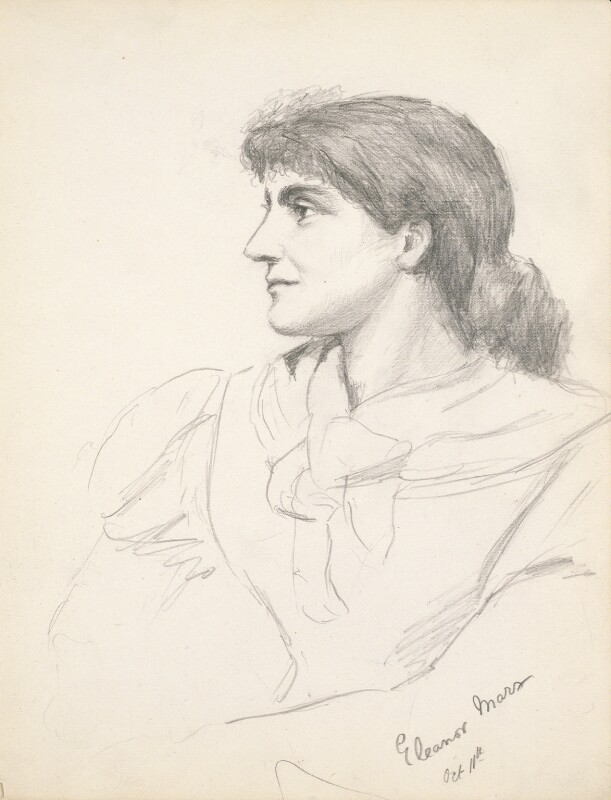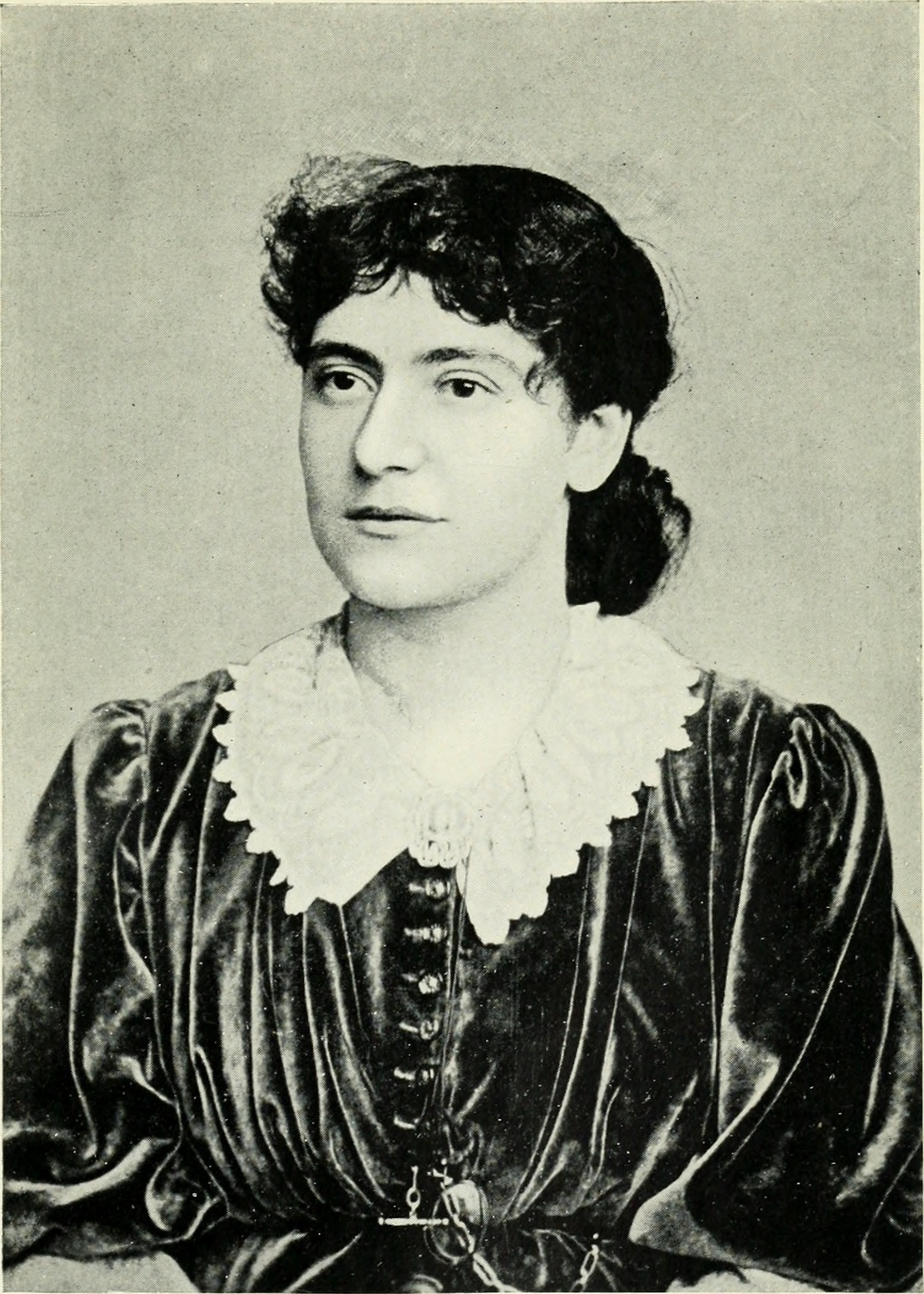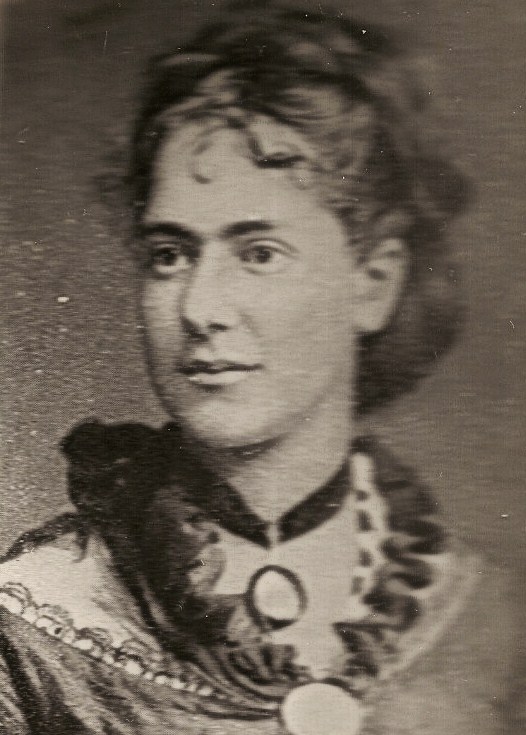Eleanor Marx was Karl Marx’s youngest daughter, a socialist-feminist revolutionary activist, writer and organiser in the 19th century. She was the only Marx born in England. Karl Marx was a political refugee who found a home in Victorian London. Eleanor was born when he was working on Das Kapital, which would be a social-economic book that would change the entire world.
Most of the Marx children died due to a lack of good nutrition and healthcare, so Eleanor, the youngest, was the family favourite and especially her father’s favourite. Karl spent a lot of time with her when she was growing up and explained to her the principles on which he was working, which he explained through stories so that she could understand.
When Eleanor was a young woman, she started organising with her father and going with him to meetings, so she learned the process of organising from the bottom up. But she was also very much influenced by Friedrich Engels, who she saw as her second father, and by two women with whom he had romantic connections, both working-class women, known as the Burns sisters.


